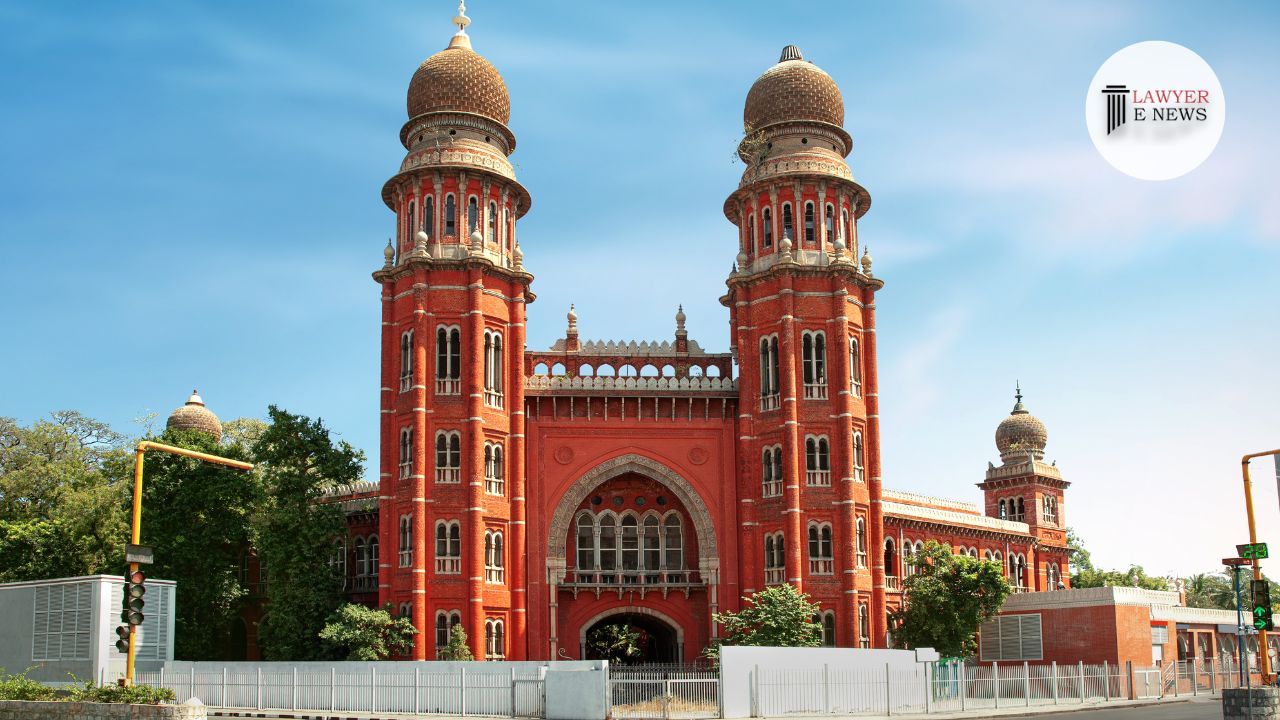-
by Admin
16 February 2026 4:21 AM



The Madras High Court has reaffirmed the imperative need for integrity and honesty in the judiciary, holding that the lack thereof in a judicial officer is grounds for removal from service. This decision emphasizes the critical nature of a judge’s role in upholding the principles of justice and the grave implications of any breach of ethical conduct.
A.Rajasekaran, a former Judicial Officer, was implicated in a telephonic conversation regarding financial transactions linked to a criminal case, resulting in his suspension and subsequent removal from service. The key issues revolved around the authenticity of the evidence (voice recordings) and the appropriateness of the quantum of punishment (removal from service) given the charges proven against Rajasekaran.
The Court meticulously assessed the evidence, including the analysis of voice samples and Forensic Science reports, validating the authenticity of the recordings implicating Rajasekaran. The judgment meticulously details the Court’s rationale, particularly emphasizing the criticality of circumstantial and corroborative evidence in disciplinary proceedings against judicial officers.
Justice S.M. Subramaniam observed, “The preponderance of probabilities are established beyond any pale of doubt... the voice samples have been identified and admitted by the parties.” This affirmation underscores the Court’s reliance on the totality of evidence, despite the absence of the original recording devices.
The Court dismissed the writ petition filed by A.Rajasekaran, upholding the decision of his removal from service. The judgment asserts that the charges proven against him – related to his integrity and honesty – are of such a serious nature that they justify the quantum of punishment imposed. The Court also confirmed that the disciplinary proceedings complied with the principles of natural justice at every stage.
Date of Decision: 18th March 2024
Rajasekaran vs. The State of Tamil Nadu & Anr.
